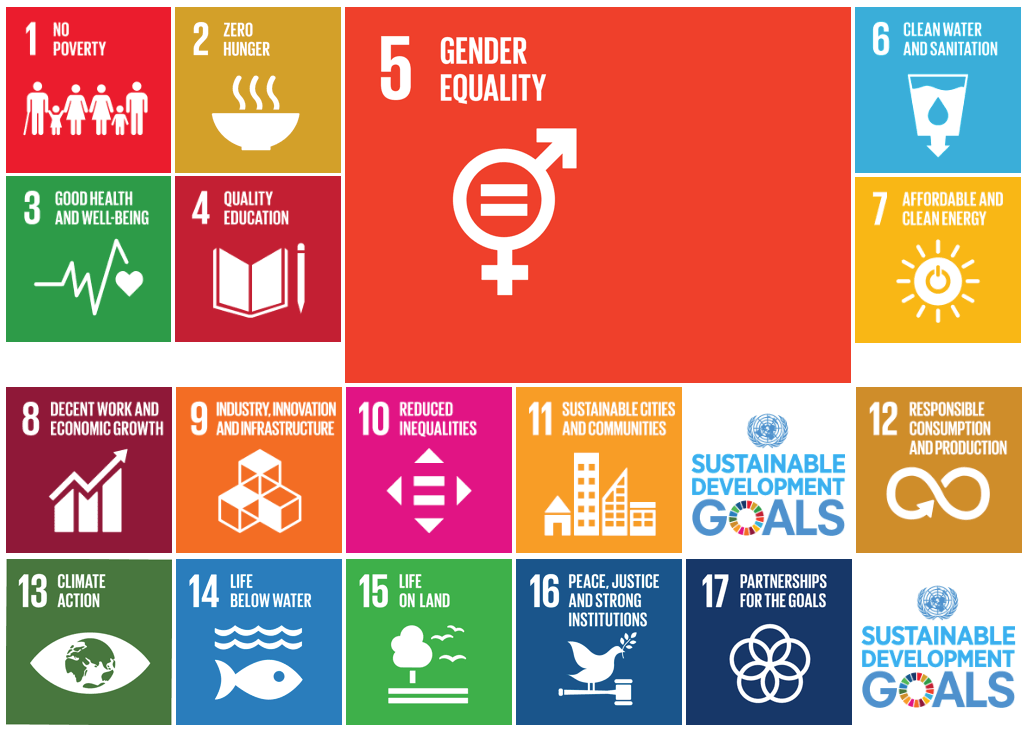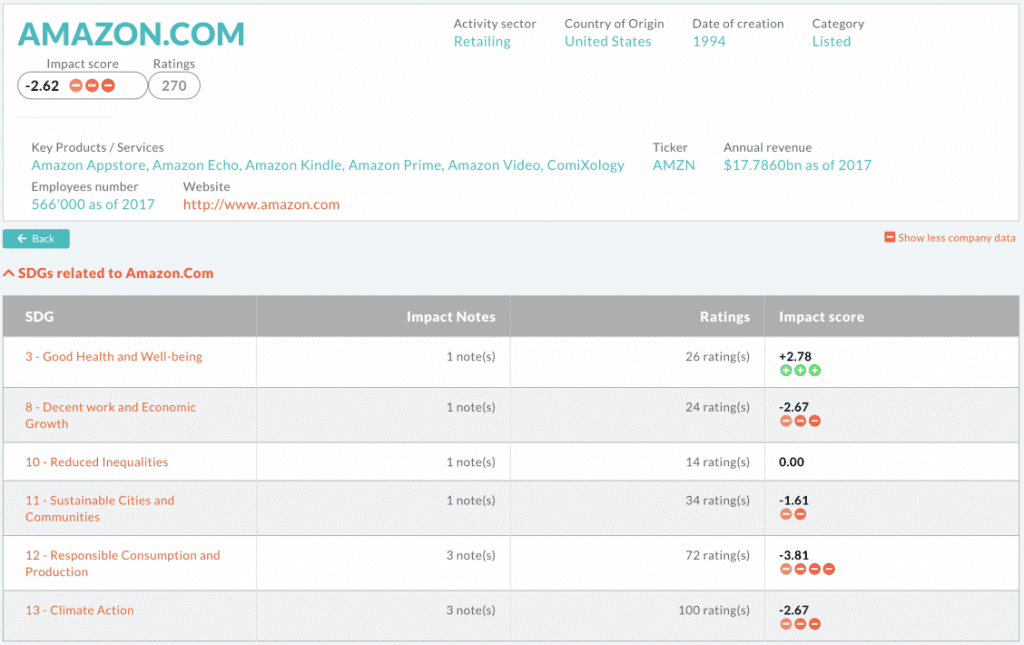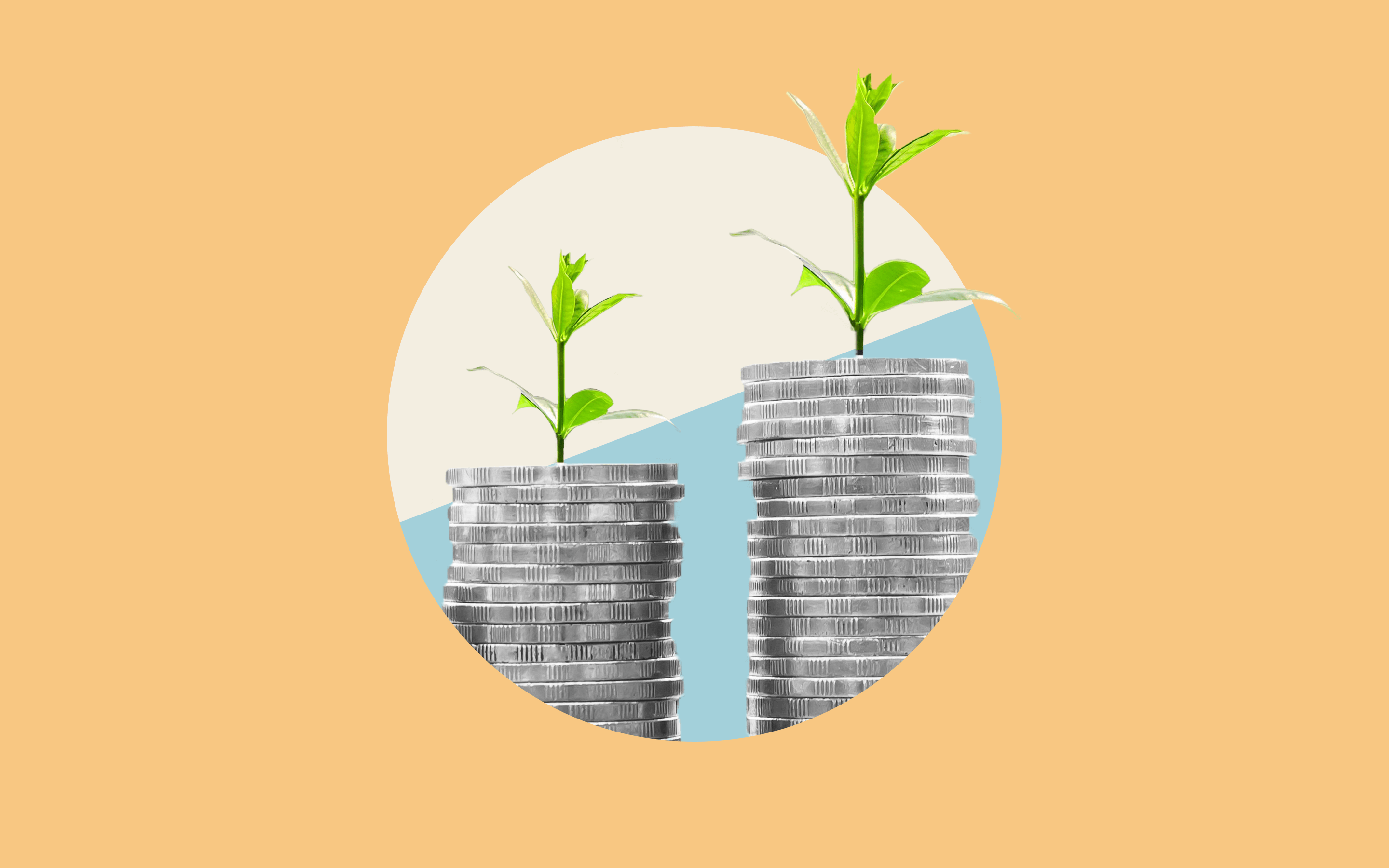Inside the walls of large corporations, decisions are made that can have deep, lasting impacts on our oceans, our climate and global society.
The good news? As a consumer and investor, you can control where your money flows – and that’s a powerful tool for getting businesses to do the right thing. There’s just one problem: As an individual, it’s difficult to get your hands on the right information.
This is where Impaakt comes in. Founded in Switzerland, this free access platform rates and analyses companies against the United Nations’ 17 Sustainable Development Goals.
The goals include taking urgent action against climate change as well as achieving gender equality by 2030.

UN Sustainable Development Goals. Source: sustainabledevelopment.un.org
In this article, Inyova speaks with Impaakt Co-Founder Sylvain Massot about how the platform can help people identify what companies are making a positive contribution to our world – and what companies are falling short.
You’ve worked as an Equity Analyst for more than 20 years. Where did the inspiration for Impaakt come from?
The idea came from our co-founder, Bertrand Gacon who, as a sustainable investment professional, was frustrated that there was no tool to measure the holistic impact, both social and environmental, of large, publicly-listed corporations.
Our wish was to contribute to the United Nations’ Sustainable Development Goals by creating a tool to measure how all companies were progressing towards each goal – and then making that tool accessible for all.
Impaakt is a collaborative platform. Who is typically submitting information about companies?
We recruit members from all sorts of backgrounds, including different socio-professional, cultural, age groups. Having said that, our initial focus has been to target students, alumni and professors through our own “Impaakathons” (hackathons) at universities. This has produced a large proportion of our initial contributions.
How do you prevent bias, rumours and fake news coming onto the platform?
Although we can’t prevent fake news or rumours coming onto the platform, our contributors are asked to quote their sources. This helps draw a line between reliable sources and unsubstantiated rumours or fake news.
Similarly, there’s no way to prevent contributors having their own bias, but the size and diversity of our community alleviates some of the distortion of individual biases.
More importantly, we ask our community to review and rate impact notes on three criteria, including objectivity. An analysis with a poor objectivity score is unlikely to make the top of the ‘most-read’ list, which is used to rate the company’s impact.
What company is the ‘most searched’?
As it’s early days, we can’t draw any statistically relevant conclusions. But having said that, the company whose Impact notes have received the largest combined number of ratings is Nestlé closely followed by Amazon.

An example of the information about Amazon on Impaakt.com
What are some applications for your platform? What can the information be used for?
Firstly, asset managers who want to measure the impact of their equity and bond portfolios – for example, in their reporting or portfolio optimisation.
Secondly, companies wanting to benchmark themselves against peers and identify weak areas to improve on.
Finally, private individuals who want to identify the best companies to work for or buy products from.
Finally, what is the future vision for the Impaakt platform?
We see it becoming a reference for professional asset managers, companies, as well as members of the larger public. We want people to be able to measure the impact of all sorts of companies – from the multinationals to the much smaller local players.



